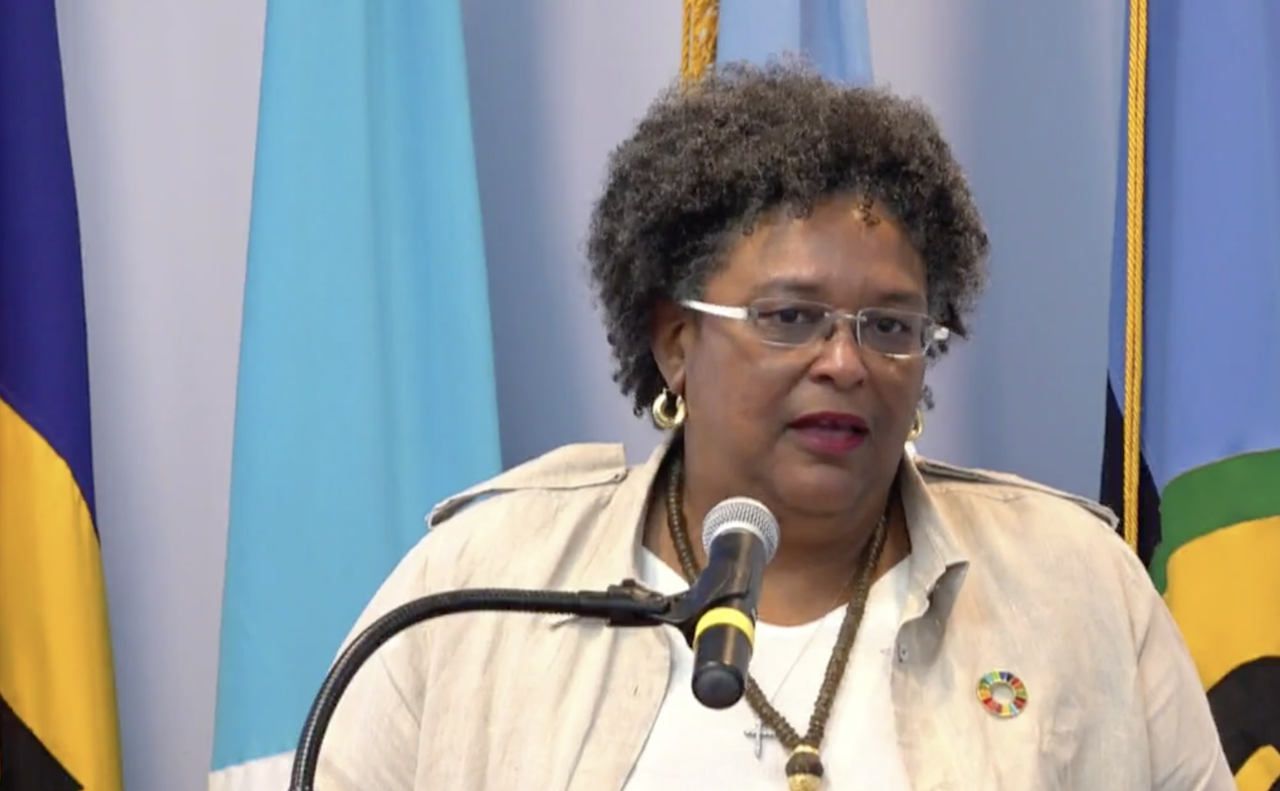Some local commentators took comical jabs at Prime Minister Mottley on social media last year when she condemned Russia over its unlawful invasion of Ukraine. It is now one year later and we certainly recognise that the unwarranted conflict is no laughing matter.
Calling the conflict disturbing, Mottley said in a statement from her office that Barbados reaffirmed the Caribbean Community’s (CARICOM) commitment to “sovereignty, territorial integrity, non-interference in the internal affairs of another state, the prohibition on the threat or use of force, and peaceful resolution of disputes”.
She said the position was in keeping with the principle stand of engagement, a stand we maintained on the Venezuelan issue.
Calling on the Russian Federation to “immediately cease its hostilities and respect the sovereignty and territorial integrity of Ukraine”, she described the actions of Russia as a violation of the territorial integrity of Ukraine.
Some people were of the belief that Barbados was too distant geographically from the conflict, and had no place adding our voice to the issue some argued was leading to a third world war.
“Drink water and mind our business” was the refrain heard. However, as we have come to realise, we are not that far removed from the conflict. Our international business sector had to undertake a sweep of its registered entities and their connections to ensure that Barbados did not become entangled in controversy over sanctions on Russia and that country’s oligarchs.
One of the most significant consequences of the war in Ukraine, has been the inflationary conditions it created for countries like ours, heavy importers of energy products and food for our citizens and the tourism sector.
Barbadians are struggling under the high supermarket prices as they are forced to spend an increasing portion of their wages and salaries on food, transportation, petrol, and utilities, all of which have been on a rapid rise.
Russia and Ukraine are the world’s largest producers of fertilizers and wheat. As a result, the conflict has led to a sharp rise in the cost of these two commodities and the ripple effect has threatened food security for millions of people around the world including some in the Caribbean.
Not only has the Russian invasion resulted in a rise in inflation across the board, it has also led to a disruption in the supply of electronic parts and slowed the supply and delivery of new vehicles, particularly electric vehicles.
Apart from all this, the death, pain and destruction wrought upon the people of Ukraine are condemnable. Despite the war’s physical distance from us in Barbados, one cannot help but sympathise with the people of Ukraine who did not cause the conflict and are simply trying to survive and keep their country from being annexed and controlled by an aggressive neighbour.
As one writer put it: “Pre-war Ukraine was by no means a perfect democracy. But if the country is overrun by Russia, it will be stripped of its sovereignty entirely and turned into a puppet state of Vladimir Putin’s dictatorship. This war came about in part because Ukraine wanted to join the European Union and NATO, the world’s two most powerful groupings of democracies. Putin invaded to stop that.”
We are aware that parts of Europe have been at war for years, but there is something deeply disturbing about one man’s desire to control another country’s fate and using his military might to bludgeon them into submission.
Russia, at this stage is not fighting Ukraine’s army. It appears the aim is to kill and destroy civilians and civilian targets, so that Ukrainians become so exhausted from the war, they will surrender to Russian rule.
The Ukrainians are teaching the rest of the world that the fight for democracy is worth all the pain and suffering they are enduring.
As the publication Gzero outlined: “For 16 consecutive years now, the world’s democracies have been deteriorating, according to Freedom House. Around the globe, popular dissatisfaction with poorly functioning democratic systems has opened the way for illiberal leaders to take power, eroding democracies from within. Well over half of those polled in the world’s leading democracies say they aren’t satisfied with their political system. And between 2019 and 2021, more than 2 billion people saw their societies become less free.”





